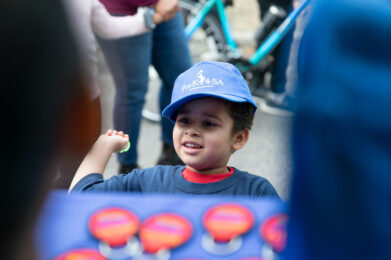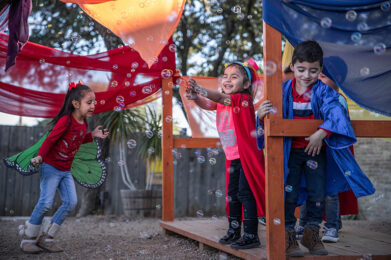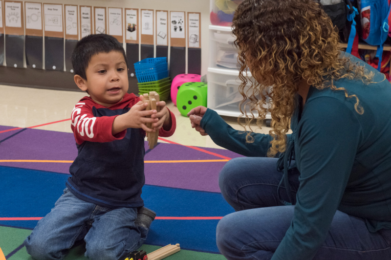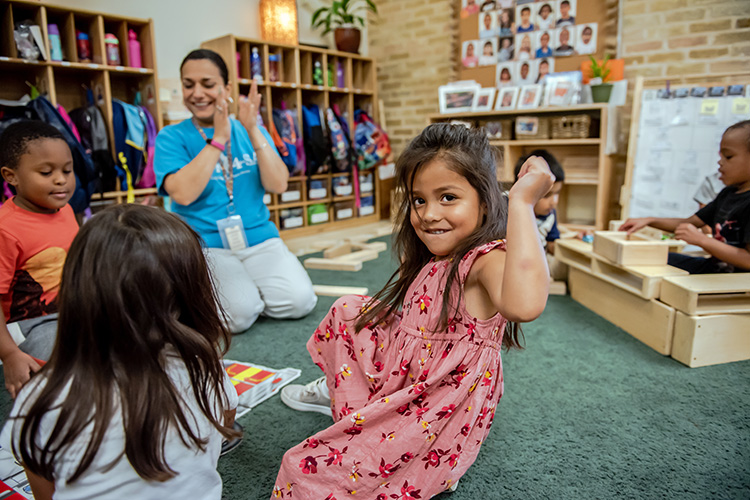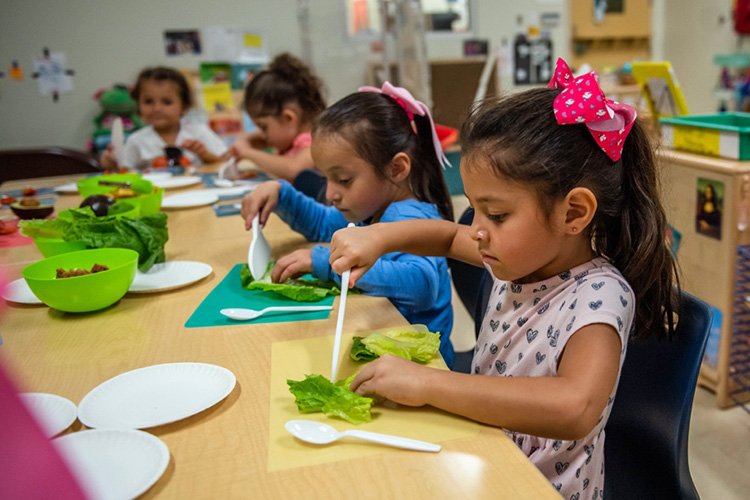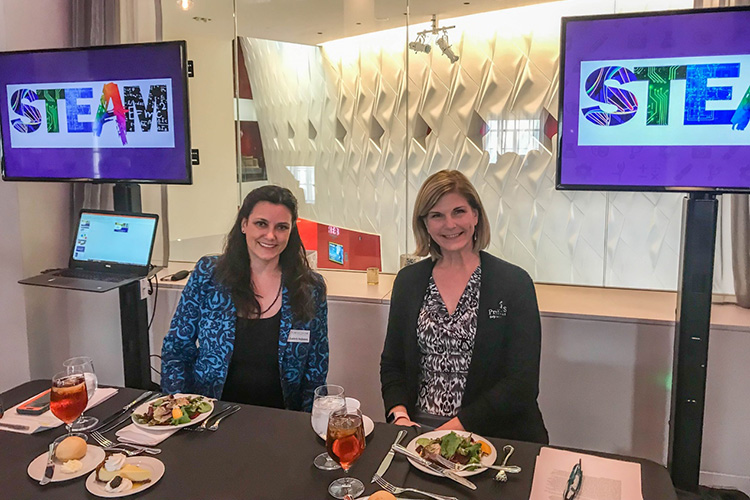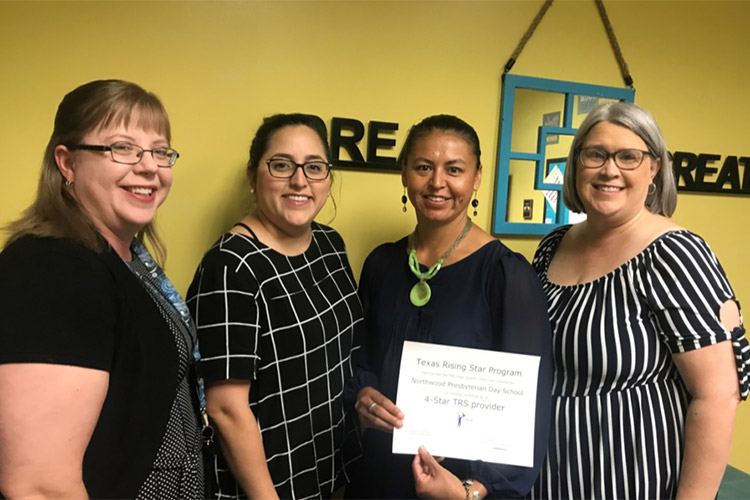It was not too long ago that social and emotional learning (SEL) in pre-k was thought of as sharing, playing nicely with others, and doing what your teacher asked. While these skills are definitely part of SEL, they are only the very basics of what we know to be foundational skills that impact cognition, academic learning, relationships and wellness.
Very often we think of development as occurring in isolated categories, with developmental milestones in areas such as language, cognition, and social and emotional skills being associated with specific ages. In truth, you really can’t separate them. They occur simultaneously and impact each other along the way.
The brain of a child during the early childhood years is undergoing such rapid development that it’s crucial educators address SEL in the same manner they address language and literacy, with research-based curriculum and dedication to effective teaching strategies.
The Collaborative for Academic, Social and Emotional and Learning (CASEL) defines SEL as “the process by which individuals acquire and apply knowledge and skills necessary to understand and manage emotions, feel and show empathy for others, set and achieve goals, form relationships, and make responsible decisions.” Social and emotional learning skills include five core competencies: self-awareness, self-management, social awareness, relationship skills and responsible decision making.
The outcomes associated with well-developed social and emotional skills are significant. School-age children have better academic performance and reduced disciplinary issues. Long-term outcomes include an increased likelihood of having healthy relationships, good mental health and stable employment. Meanwhile, there is a decreased likelihood of using drugs and being incarcerated. Studies have shown that employers specify competencies directly associated with social and emotional skills as critical in a highly-skilled 21st century workforce.
At Pre-K 4 SA, social and emotional learning is embedded in our HighScope curriculum. HighScope’s approach to teaching SEL is through effective teacher instructional practices that include positive adult-child interactions, and emphasize active participatory learning, regular routines and attention to an optimal learning environment. Children learn conflict resolution skills in the classroom as they navigate what is often their first classroom experience.
Pre-K 4 SA’s Social and Emotional Learning Team, comprised of behavior specialists and a licensed specialist in school psychology, supports SEL for all children and works to promote accessibility and meaningful inclusion for children with special needs. The SEL Team maintains a strong focus on helping children develop self-regulation skills that are crucial to building other SEL competencies such as relationship skills and responsible decision making. When children are able to self-regulate, they are better able to focus their attention, respond appropriately when upset, and learn new material. This contributes to a reduced need for more restrictive educational settings.
One of the most important aspects of solid social and emotional learning is parent involvement. Parents and caregivers are the experts on their child, as they know their child best. They provide teachers with valuable information that allows the school team to work together with them for best results. This coordinated effort between school, families and communities is what ensures success.
Written by: Maria Bayoumi, Pre-K 4 SA’s licensed specialist in school psychology
